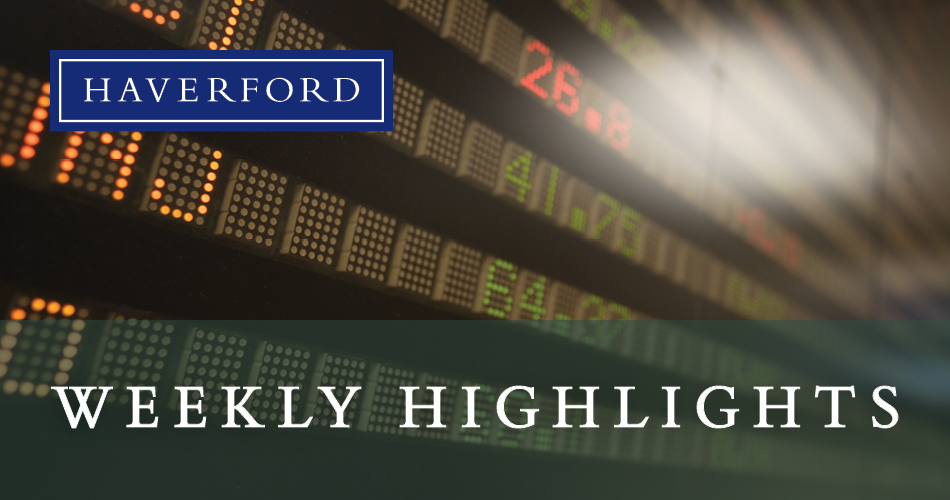Federal Reserve Chairman Jerome Powell faces the greatest challenge of his tenure on Wednesday when he delivers a press conference following the FOMC meeting. It is considered a fait accompli that the FOMC will raise rates another 25 basis points to a range of 2.25%-2.50%. The markets have already internalized this fourth rate hike for 2018. Powell’s test comes in the accompanying language in the Fed communique and his extemporaneous remarks at the press conference.
The FOMC finds itself in a tricky spot. Retail sales and industrial production are strong, the economy is at full employment, and wages are rising. But on the other hand, inflation is moderate (inflation expectations are low), interest rate sensitive sectors of the economy are slowing, and the bond market is definitely feeling the stress of higher short-term rates. We hope to hear the FOMC acknowledge that 1) housing is weaker, 2) inflation expectations are anchored, and 3) trade-tensions have created economic uncertainty, and they will, therefore, move cautiously in 2019 while highlighting data dependency. In short, we hope and expect to hear them say a pause in the quarterly cadence of rate hikes is warranted.
The Fed’s remarks are important not only to the U.S. economy and investors, but also to global participants. The latest economic data out of China is just the latest in a string of observations that point to slowing global growth. Industrial production, retails sales, and trade figures all fell short of expectations. The global economy cannot afford many more interest rate hikes; the dollar has strengthened too much already.
We are optimistic that some of China’s slowdown is directly linked to trade-related disruption and uncertainty and that an enduring truce will lift its economy in 2019. In addition, we believe there is a strong possibility that the Chinese government considers additional stimulus at its annual economic policy setting meeting on December 19-21.
The stock market traded back into correction territory last week despite three recent positive macro developments, including Powell’s more dovish tone, OPEC’s production cut, and the U.S.-China trade ceasefire. Sentiment has turned exceptionally negative with a focus on a pending recession.
We believe the U.S. economy is strong enough to weather a rate hike this week. We believe economic growth will continue throughout 2019 and that China and the U.S. will find a way to avoid the levy of additional tariffs in 2019. The markets are always more volatile than the economy, but the ingredients are present for a stock market rally and we forecast stronger returns in 2019.
